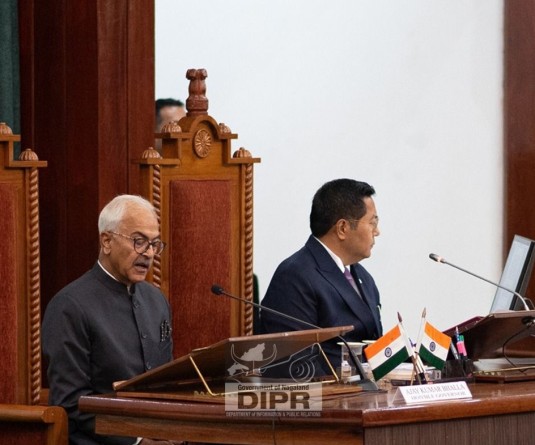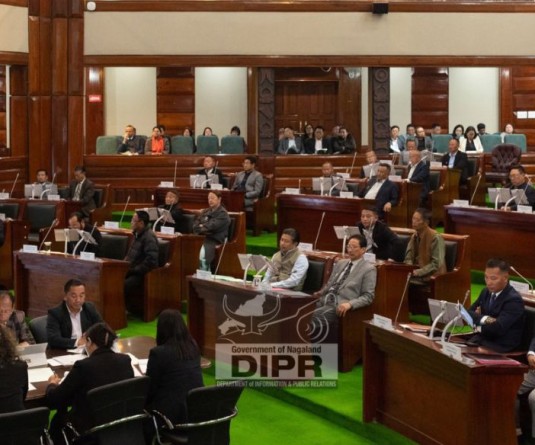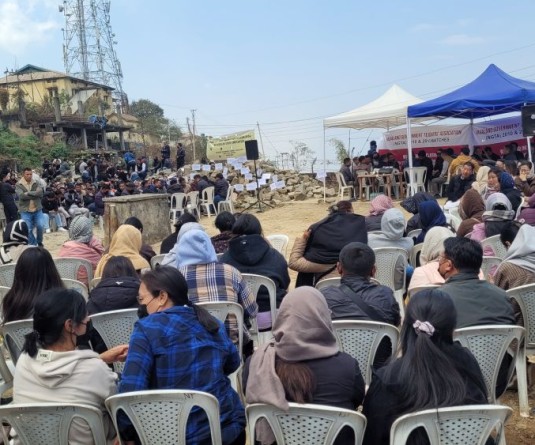V&AH department bring down import cost to Rs. 220.26 crores
Our Correspondent
Kohima | March 30
Livestock and poultry farming has been an integral part of the people of Nagaland since time immemorial and is significant to the health and wealth of a Naga family. Animal husbandry practices have been playing a pivotal role in supplementing family income and generating employment to the rural poor, apart from efficient utilization of agriculture products and byproducts not suitable for human consumption, according to the annual administrative report of the veterinary and animal husbandry tabled in the recently concluded assembly session here by parliamentary secretary Yitachu.
“This inherent aptitude of the people needs to be explored to provide valuable animal protein essential for maintaining physical health of the people as well as to provide draft power for cultivation especially in the foot-hill areas of the state,” the report said. The report also stated that in the absence of any organized industry in the state, animal husbandry and dairying alone can absorb a vast number of unemployed people in the state.
The report stated that livestock farming in a scientific and profitable way can play a vital role in improving the rural economy. As per the sample survey report of 2011-12, the state produces 62% of the total requirement worth Rs. 953.70 crores leaving a shortfall of 38%. Out of this shortfall, the state imported animal husbandry products worth of Rs. 220.26 crores in monetary term.
In 2001-02, the import level was Rs. 375.00 crores, however, the department could bring down the import cost to Rs. 220.26 crores in 2011-12 by implementing various livestock and poultry farming programmes in the state. Meanwhile, during 12th five year plan, the department is focusing on development of piggery, poultry and Mithun for meat production and infusion of superior germplasm of dairy cattle for milk production which is being imported from USA so as to narrow down the gap between demand and supply of animal husbandry products.






